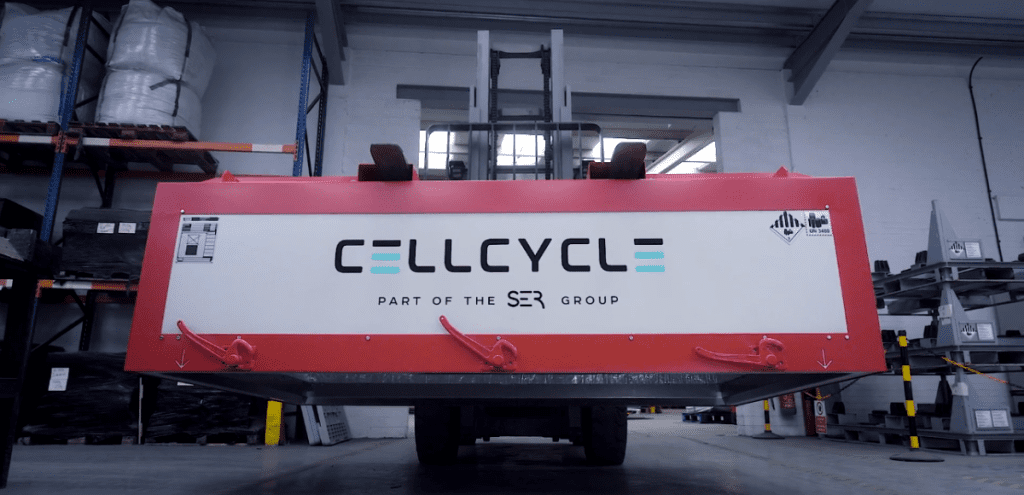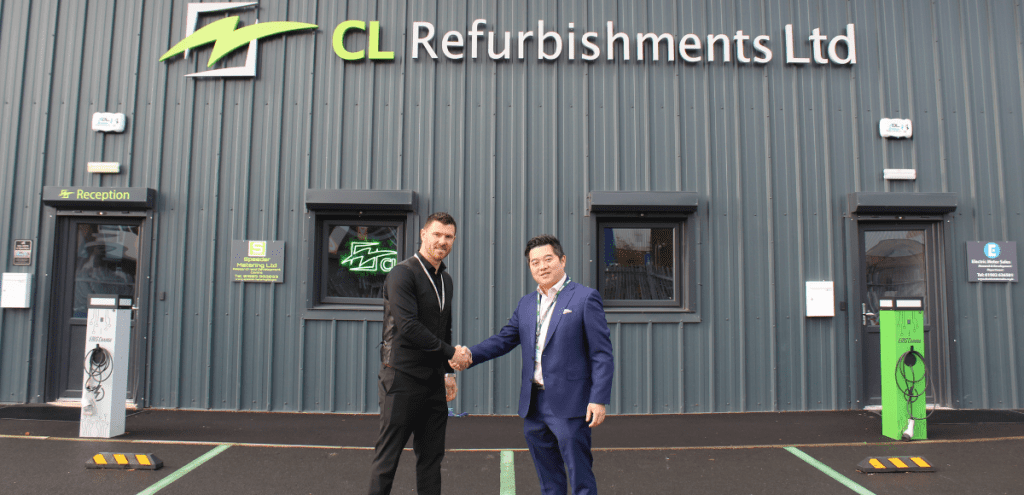Recycling Power Bank Batteries: A Crucial Aspect of Portable Battery Disposal
In today’s world, where our lives are intertwined with gadgets and devices, power banks have become an indispensable accessory. They offer the convenience of portable power, ensuring that our smartphones, tablets, and other devices never run out of juice, especially when we’re on the go. However, while power banks provide backup power for our smart devices, their lifespan is also limited. What these batteries become End-of-Life?
The demand for power banks in the UK and globally is primarily driven by the growing reliance on mobile devices like smartphones, tablets, and laptops, necessitating frequent charging. The power bank market, which was valued at approximately $11.4 billion in 2023, is projected to expand to $20.4 billion by 2032, demonstrating a substantial market growth.
In the UK, various segments of the power bank market are expanding, with offerings based on different battery capacities to cater to diverse consumer needs. Lithium-ion batteries are the most prevalent in power banks, favored for their high energy density, lightweight, and longevity. These features make lithium-ion batteries suitable for portable power banks, as they can store substantial energy in compact and light packages, ideal for on-the-go charging.
Technological advancements, including the shift to lithium-ion and lithium-polymer batteries, have led to the development of lighter, more efficient power banks with higher capacities. Innovations like fast charging, solar charging, and wireless power banks have also increased consumer interest and adoption by adding convenience and enhanced functionality
As a Lithium-ion battery recycler, Cellcycle plays a significant role in this ecosystem, ensuring the responsible disposal and reuse of these batteries.
The Role of Cellcycle in Recycling Lithium-Ion Batteries
In an era where electronic devices are integral to our daily lives, the importance of responsibly recycling lithium-ion batteries is paramount. A key player in this vital process is Cellcycle, a specialist in the recycling of end-of-life lithium-ion batteries, including those from ubiquitous power banks.
-
Certified Expertise: Cellcycle’s operations are underpinned by a team holding certifications as an Approved Battery Treatment Operator (ABTO) and Approved Battery Exporter (ABE). These certifications underscore their capability to handle the complexities and potential hazards involved in lithium-ion battery recycling, ensuring safety and adherence to legal requirements.
-
Safe and Legal Battery Treatment: The employment of ADR (Accord Dangereux Routier) logistics is a testament to their commitment to safety. This approach guarantees that the collection and transportation of end-of-life batteries are executed in compliance with stringent safety standards, accommodating all types of lithium-ion batteries.
-
Material Recovery and Environmental Sustainability: At the core of Cellcycle’s operation is the process of dismantling batteries safely, followed by the extraction and preparation of critical materials like lithium, cobalt, and nickel for reuse. This process not only mitigates environmental impacts but also ensures the valuable resources within these batteries are efficiently recycled and re-entered into the supply chain, promoting a circular economy.
-
Client-Centric Compliance and Transparency: Post-collection of batteries for disposal, Cellcycle provides its clients with access to Onehub, a secure cloud-storage portal. This innovative service allows clients to access all necessary certifications and documentation, ensuring they maintain 100% compliance with environmental regulations. Such transparency and accountability are crucial in today’s eco-conscious market.
-
Contributing to a Sustainable Future: Cellcycle’s role extends beyond mere recycling; it represents a commitment to fostering a more sustainable, tech-friendly future. By participating in responsible recycling practices and choosing to engage with environmentally conscientious companies like Cellcycle, businesses and consumers alike can contribute significantly to a greener planet.
This holistic approach ensures that the recycling of lithium-ion batteries is conducted safely, legally, and sustainably, addressing both environmental concerns and client needs. For more detailed information about their services, please visit their website at Cellcycle’s Complete Solution.


